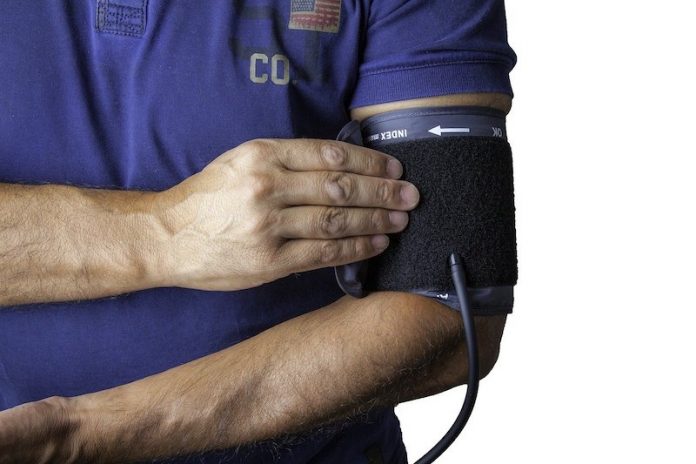
In a new study from the University of Virginia, researchers found the location of natural blood-pressure barometers inside our bodies that have eluded scientists for more than 60 years.
These cellular sensors detect subtle changes in blood pressure and adjust hormone levels to keep it in check.
Scientists have long suspected that these barometers, or “baroreceptors,” existed in specialized kidney cells called renin cells, but no one has been able to locate the baroreceptors until now.
The researchers finally found where the barometers are located, how they work and how they help prevent high blood pressure (hypertension) or low blood pressure (hypotension).
The researchers hope the insights will lead to new treatments for high blood pressure.
The existence of a pressure sensor inside renin cells was first proposed back in 1957. It made sense: The cells had to know when to release renin, a hormone that helps regulate blood pressure.
But even though scientists suspected this cellular barometer had to exist, they couldn’t tell what it was and whether it was located in renin cells or surrounding cells.
In the study, the team took new approaches to solving this decades-old mystery. Using a combination of innovative lab models, they determined that the baroreceptor was a “mechanotransducer” inside renin cells.
This mechanotransducer detects pressure changes outside the cell, then transmits these mechanical signals to the cell nucleus, like how the cochlea in our ear turns sound vibrations into nerve impulses our brain can understand.
The researchers have unlocked exactly how the baroreceptors work.
They found that applying pressure to renin cells in lab dishes triggered changes within the cells and decreased activity of the renin gene.
The scientists also compared differences in gene activity in kidneys exposed to lower pressure and those exposed to higher pressure.
Ultimately, when the baroreceptors detect too much pressure outside the renin cell, production of renin is restricted, while blood pressure that is too low prompts the production of more renin.
This marvelous mechanism is vital to the body’s ability to maintain the correct blood pressure. And now, after more than 60 years, scientists finally understand how and why.
If you care about high blood pressure, please read studies about the cause of high blood pressure in people with sleep apnea and findings of this dieting method may help lower blood pressure, lose weight.
For more information about blood pressure health, please see recent studies about this blood disease drug may help prevent spread of cancer and results showing that 7 things you can do today to control blood pressure.
The study is published in Circulation Research. One author of the study is Dr. Maria Luisa S. Sequeira-Lopez.
Copyright © 2021 Knowridge Science Report. All rights reserved.



